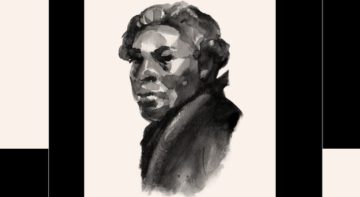 Danielle Allen in The Atlantic:
Danielle Allen in The Atlantic:
Massachusetts abolished enslavement before the Treaty of Paris brought an end to the American Revolution, in 1783. The state constitution, adopted in 1780 and drafted by John Adams, follows the Declaration of Independence in proclaiming that all “men are born free and equal.” In this statement Adams followed not only the Declaration but also a 1764 pamphlet by the Boston lawyer James Otis, who theorized about and popularized the familiar idea of “no taxation without representation” and also unequivocally asserted human equality. “The Colonists,” he wrote, “are by the law of nature free born, as indeed all men are, white or black.” In 1783, on the basis of the “free and equal” clause in the 1780 Massachusetts Constitution, the state’s chief justice, William Cushing, ruled enslavement unconstitutional in a case that one Quock Walker had brought against his enslaver, Nathaniel Jennison.
Many of us who live in Massachusetts know the basic outlines of this story and the early role the state played in standing against enslavement. But told in this traditional way, the story leaves out another transformative figure: Prince Hall, a free African American and a contemporary of John Adams. From his formal acquisition of freedom, in 1770, until his death, in 1807, Hall helped forge an activist Black community in Boston while elevating the cause of abolition to new prominence. Hall was the first American to publicly use the language of the Declaration of Independence for a political purpose other than justifying war against Britain.
More here.
